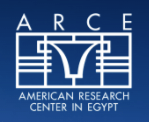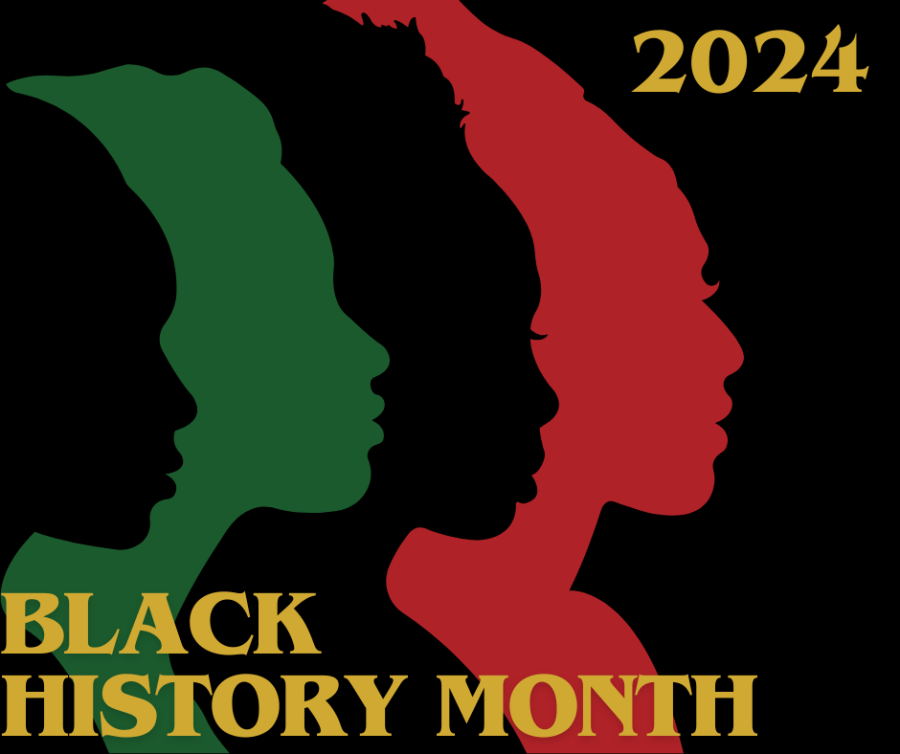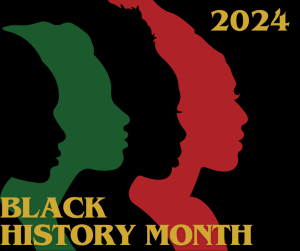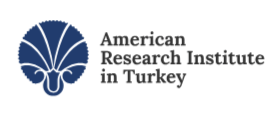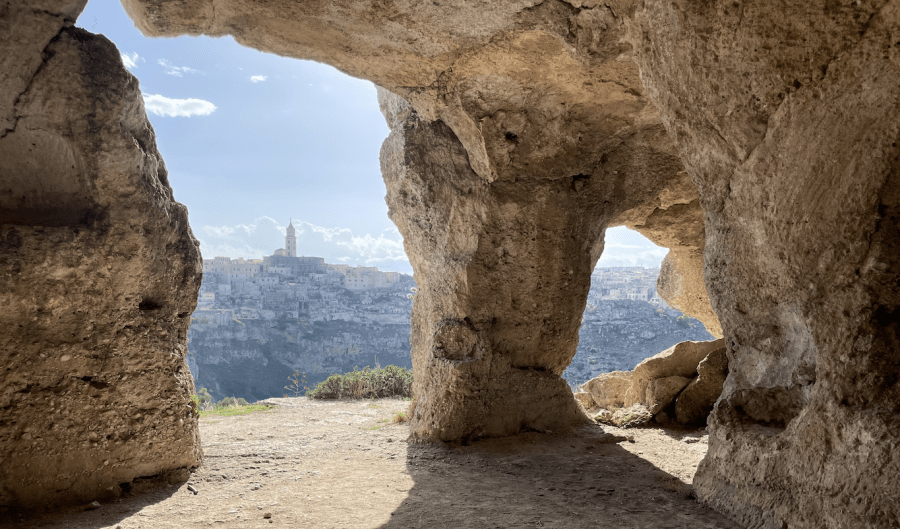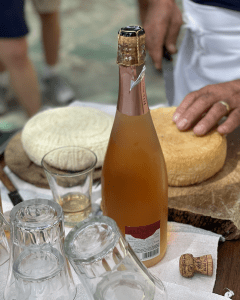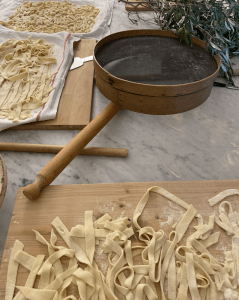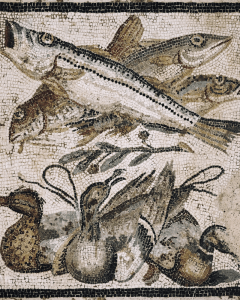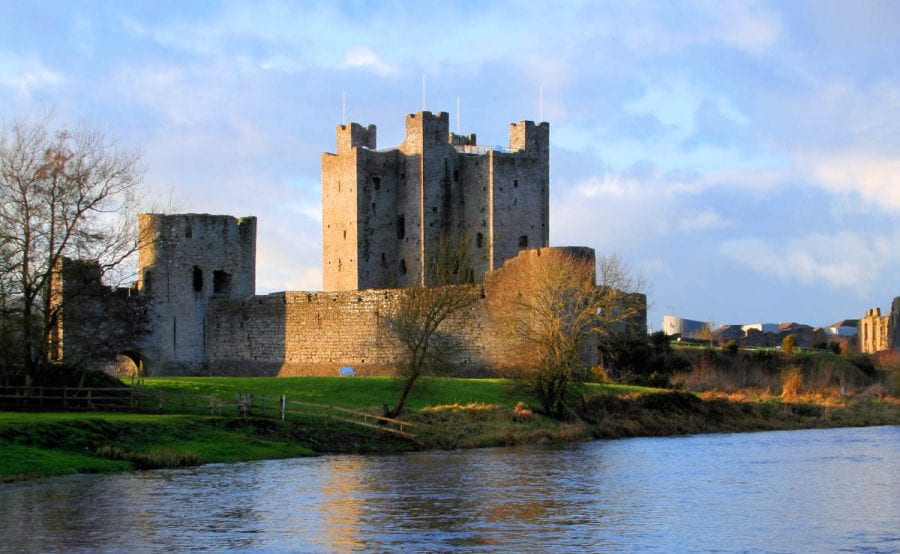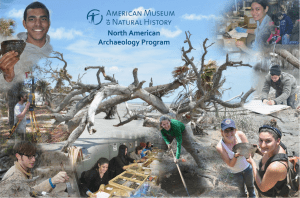The American Research Center in Egypt has released their monthly update! See more below:
2024 Annual Meeting: Registration Opens this February
Each year, ARCE hosts the preeminent Egyptological conference in the world. During this annual three-day meeting, scholars and expedition leaders present their research and discuss their latest project developments. Additionally, the meeting brings together hundreds of scholars who present on Egyptian history and heritage, recent fieldwork, technological advances, and much more.
The 2024 Annual Meeting will welcome Egyptologists, members of the Egyptian Ministry of Tourism and Antiquities, archeologists, and researchers from across the globe to Pittsburgh Pennsylvania from April 19th to the 21st.
Topic Article: “Nefertiti: Egyptian Wife, Mother, Queen and Icon”
“Neferneferuaten Nefertiti was the great royal wife of King Akhenaten and, in contemporary Western culture, is perhaps ancient Egypt’s most famous queen – as the iconic bust in the Berlin Museum evinces. She and Akhenaten produced six daughters, a female royal contingent that enjoyed unusual prominence during Akhenaten’s reign. In fact, Nefertiti holds the position as the Egyptian queen with the most surviving appearances on monuments and other artistic mediums…” (Laura Taronas)
Discover the captivating story of Nefertiti, the enigmatic queen of ancient Egypt! From her undeniable beauty to her influential role alongside King Akhenaten, this historical figure is truly spellbinding.
ARCE Conservation Project Updates
The conservation program at Khonsu Temple commenced its Spring Campaign this January with the target of completing work on the raised portico on the north side of the First Court as well as the roof and staircase.
A project to connect fragments of the granite barque shrine was also initiated after Dr. David Anderson’s work of last year revealed at least 15 joins that could be made from fragmented architectural and decorative elements. In parallel, the construction of the new USAID-funded Talatat magazine has started.
This two-storey structure, occupying approximately 700 m2 in plan, is concealed by a six-metre-high reconstructed section of the mudbrick enclosure wall of Nectanebo I to the west of Khonsu. The building envelope is expected to be completed by Ramadan, with fit-out following at the end of April.
The Osireion project, substantially funded in 2023 by the World Monuments Fund, will continue through 2024 with additional funds from the same source. The focus of the project is physical conservation, site management, and the completion of excavations that revealed in 2023 the remarkable transport ramp north of the main hall that was used for moving monumental blocks down into the construction pit of the structure.
For more information on the ARCE and how to become a member, view their website here.

